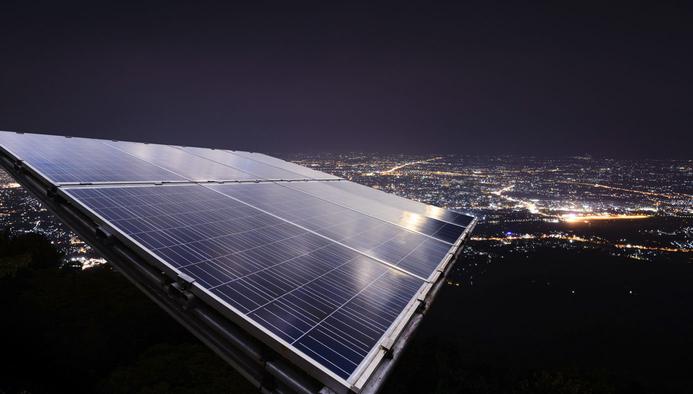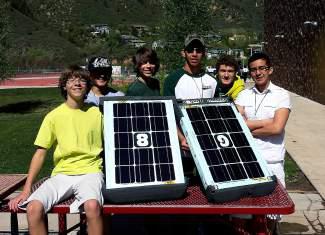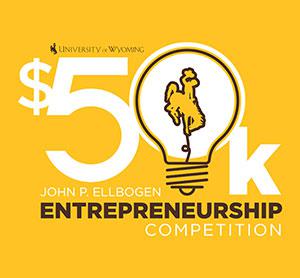Published every week, this series charts how businesses and sustainability professionals are working to achieve their ‘Mission Possible’ across the campaign’s five key pillars – energy, resources, infrastructure, mobility and business leadership.
Across the UK and the world, leading businesses, cities, states and regions are turning environmental ambitions into action. Here, we round up five positive sustainability stories from this week.
ENERGY: Milestone for solar panels that can generate electricity at night
Scepticism and disinformation around the net-zero transition is running rife at present, in the context of the energy price crisis. Renewable energy critics commonly point to the fact that generation is intermittent and that it requires certain weather conditions.
Seeking to overcome this challenge are research teams at Stanford University in California, who are following up on work already undertaken at the University of California Davis in 2020. As reported in New Scientist earlier this month, the Stanford team has created a modified solar panel capable of generating electricity at night or in cloudy conditions. The panels are modified so that they do not radiate heat at night. Instead, they are cooler than the night air, and that temperature difference can be used to generate electricity.
While the panels do generate far less power at nighttime than during the day, nighttime generation could still power low-power devices. One panel of one square meter could power a phone charger or LED light.
RESOURCES: WWF sources hundreds of ‘circular’ laptops
According to the UN, wasted electronics and electricals, known as e-waste, form the world’s fastest-growing domestic waste stream. Between 2015 and 2021, annual rates of e-waste generation globally increased by 21%. There is no proof that the vast majority of this waste is recycled or repurposed.
One of the organisations working to solve this challenge is Circular Computing, a UK-based firm that remanufactures computers. Circular Computing recently partnered with WWF-UK, with the NGO placing an order for 510 remanufactured laptops for its staff after trialling 50 remanufactured devices last year.
Circular Computing will also take back around 500 laptops from WWF-UK, ready for remanufacturing and reuse elsewhere. WWF-UK said the solution will help it to reduce its environmental footprint “without compromising on the quality of delivery”.
“Electronic equipment, although essential to business operations, has a large environmental and social footprint,” said WWF-UK’s environmental manager Lauren Wiseman. “In our homes we reuse electronics, and many people choose refurbished or preowned tech. Bringing these sustainable consumption practices to the workplace is essential for reducing our ecological footprint and preserving the planet’s natural resources. We hope more businesses will follow suit and give refurbished electronics a try.”

MOBILITY: Aldi introduces all-electric trailer to UK fleet
The electric vehicle (EV) revolution is well underway in the UK, with electric cars having accounted for a record one-third of total sales in March.
But, as a rule of thumb, the larger a vehicle is, the more challenging it is to electrify. It’s been positive, therefore, to see the UK’s first all-electric refrigerated trailers launching in the food retail sector.
Following on from the launch of an all-electric refrigerated trailer at Sainsbury’s, Aldi UK has this week begun trials of a similar vehicle. The truck will be based out of Aldi UK’s distribution centre in Cheshire. It is notably fitted with kinetic energy generation, meaning that energy generated by the wheels turning can be used – alongside energy stored in battery packs – to power the vehicle.
Aldi UK is already trialling heavy goods vehicles powered using compressed natural gas (CNG) and hydrotreated vegetable oil (HVO), and will use the trials to assess how electric HGVs could be used alongside these technologies.
THE BUILT ENVIRONMENT: Investment win for ‘UK’s largest’ net-zero office development
Last week’s edition of edie’s sustainability success stories covered the start of construction on 11 Belgrave – a net-zero commercial block in Victoria, London.
This week, we’re highlighting another London-based net-zero office scheme – 105 Victoria Street, also in Victoria. Developer Welput has secured investment in the project from Madison International Realty, putting it on course to begin construction later this year and to complete the project in early 2026.
Welput has committed to achieving net-zero operational and embodied carbon emissions. It is targeting BREEAM ‘Outstanding’, EPC A, WELL ‘Platinum’ and NABERS 5.5 star certifications for the development. Built-in sustainability features will include all-electric heating and cooling; 35,000 square feet of green space including an urban farm and recycled building materials.
“. Real estate that creates value and has a positive impact on its environment is important to long-term investors like Madison,” said Madison International Realty’s head of European investments Alex Lukesch. “This transaction presented us with an opportunity to invest in an exciting office development project that sets new goals for sustainability and community engagement.”
BUSINESS LEADERSHIP: P&G supports scheme to help scale sustainable guar supply chains
You may not have heard of guar gum, but it’s an ingredient found in many household staples including paper products, moisturisers, cheeses, sauces, medications and yoghurt. It is a naturally climate-resilient commodity.
Since 2015, chemicals giant Solvay has been operating a ‘Sustainable Guar Initiative’, whereby guar bean farmers in India are provided with training and education to help them improve the environmental sustainability of their farms and to potentially explore other crops to gain a second income. Farmers are also provided with support to help solve local challenges including healthcare, sanitation and education access.
Other collaborators in the initiative include L’Oreal, Henkel and TechnoServe and the most recent joiner, Procter & Gamble (P&G). P&G believes that the level of financial support it will provide to the Initiative will enable more than 5,000 new farmers to access training relating to climate-resilient agricultural practices. Other commitments include providing 450 women with hygiene training and building at least one new community-owned pond.
Save
Words Sarah George
Published 14th April 2022
© Faversham House Ltd 2022 edie news articles may be copied or forwarded for individual use only. No other reproduction or distribution is permitted without prior written consent.
Please login or Register to leave a comment.




